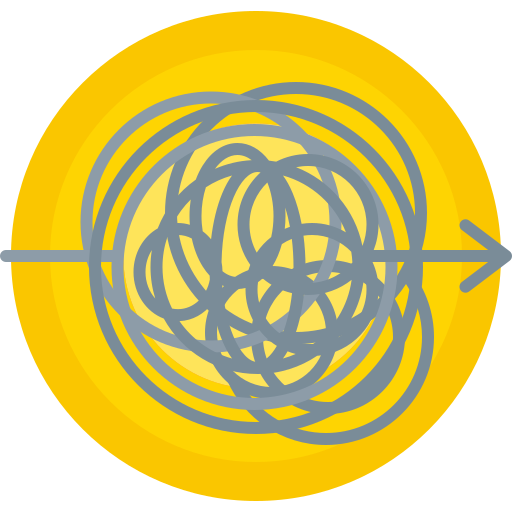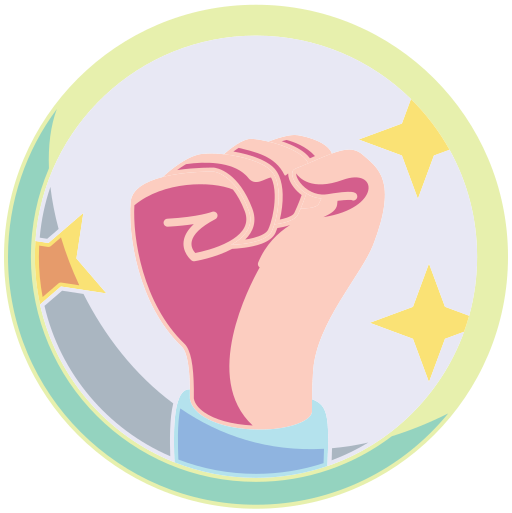
“Therapy is an ongoing flow of moments that are woven together through a process of construction.”
- J.D. Safran
-
Telehealth sessions Available
In-person sessions Available
(Fridays only)
Accepts Most Commercial Insurance
Accepts online payments
Alabama Licensed Professional Counselor #04977
North Carolina Licensed Clinical Mental Health Counselor #22241
Texas Licensed Professional Counselor #95725
About
Kat Sciacca(she/her/hers) is a National Board Certified Licensed Professional Counselor. She is also a Certified Autism Spectrum Disorder Clinical Specialist, a Certified Integrative Couples therapist, and am currently in the process of becoming a Certified Sex Therapist with AASECT and a certification to work with neurodiverse couples through AANE.
Kat is passionate about working with both individuals and couples who are seeking meaningful change in their lives. Her approach is grounded in compassion, respect, and clinical expertise, with an emphasis on tailoring treatment to meet the unique needs of each person or relationship.
With a strong commitment to professional growth and continued learning, Kat integrates evidence-based practices with a client-centered philosophy. She believes that our challenges and internal chaos is never created is a silo. The intersection of our various identities with society and culture inevitably shapes and impacts our well being. She values the courage it takes to begin therapy and works alongside clients to help them build insight, resilience, and confidence in navigating life’s challenges.
-
Lindsey Wilson University, Master’s in Education in Human Development & Clinical and Mental Health
Elmhurst University, Bachelor’s of Arts, English Literature
Biola University, Bachelor’s of Arts, Sociology
-
“Rediscovering Humanity in Colm Toibin’s The Testament of Mary” The 24th Annual Midwestern Conference on Literature, Language & Media (2015)
Sciacca, K. & Brooks, A. “Counseling the elderly in chronic pain” in Sandhu, D & Crane. J (eds) Counseling Aging Clients: Some Common Challenges in Gerentology (submitted)
-
Member of American Counseling Association
Member of Children & Adults with Attention Deficit/Hyperactivity Disorder (CHADD)
Member of Association for Autism & Neurodiversity (AANE)
Member of American Association of Sexuality Educators, Counselors, and Therapists (AASECT)
Focus Areas in the Change Process











